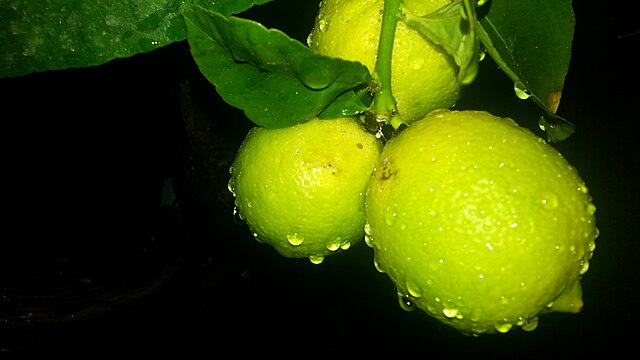War in the Middle-East continues to impact Israeli vegetable and fruit produce, which is slowly but surely turning into waste.
The war’s initial half year cost the economy 1 billion shekels ($265.8 million) in food waste. This according to the yearly Food Waste and Rescue Report by food rescue body, Leket Israel via the Times of Israel.
In production terms, the war has caused the wastage of 150,000 tonnes of fresh produce, primarily vegetable and fruit.
Among the wastage causes include the abandonment of farms along the war path and a 40% reduction in farm labor.
Indicators point to a total wasted food value of 670 million new Israeil shekels ($178.02 million) since the beginning of the conflict. In comparative terms, this pushes annual food waste to 22%, up from the 9% average.
By September 2024, Leket Israel had helped collect 35,000 tonnes of crops worth 150 million shekels ($39.87 million) from becoming waste.
The scourge is also impacting markets, for roughly between October 2023 and September 2024, Israelis have witnessed vegetable prices surge by 18%. This is even as fruits have become costlier by 12% during a similar period.
If the conflict extends fully into Lebanon, it could bring similar exponential pricing scenarios as in past wartime contexts. During the August 2021 conflict, for instance, while farmers sold cherry tomatoes at 5.95 shekels ($1.58) a kilo, grocers retailed them at 212% markup.
It is also notable that in May 2023, just when national consumer inflation was slowing, fruits and vegetables were still pricey.
For 2024, the market situation is under new pressure following the cessation of agricultural trade by Türkiye, beginning May. This has been a blow since Istanbul is a major tomato and fruit import origin point for Israel.
In short, as the war rages into Hezbollah territories to the north of Israel, vegetable and fruit produce is undergoing wastage. But there is still the legacy of Israel’s world-class horticultural production to bet on, as the statistics below show.
Israel Vegetable and Fruit Statistics
Though Israel prides in its ability to feed nations via biotechnology, it also boasts a thriving vegetable and fruit sector. Among the most important fruits include oranges, mandarins, grapefruit, mango, avocado, peaches and banana, while leading vegetables include carrots and turnips. In 2022, Israel produced 10,803 tonnes of almonds in shell, 57,397 tonnes of mangoes and guavas and 67,120 tonnes of peaches and nectarines. In the middle echelons, the country produced 104,000 tonnes of apples, 111,893 tonnes of oranges, and 175,638 tonnes of grapefruit and pomelos. The highest fruit output included 168,429 tonnes of mandarins, 183,000 tonnes of bananas and 189,667 tonnes of avocados, per FAOSTAT. Fruits generate much income among the horticultural produce of the country. In 1997, for example, citrus fruits claimed 2/3 of all fruit exports worth $280 million, most bound for the West.
How much vegetables does Israel produce?
In 2022, Israeli vegetable production totaled 1,065,168 tonnes, according to Knoema. Undergraduate research by the University of Minnesota further shows that vegetables represent 17% of all crop production in Israel. In 2022, carrots and turnips led vegetable production at 161,023 tonnes, per FAOSTAT.
How big is the vegetable/fruit area in Israel?
Only 20% of Israel’s arid and hilly landmass of 22,000 km2 supports agriculture. This means 350,000 to 400,000 hectares have agricultural potential. Of this area, fruit orchards occupy 25% while vegetables and flowers cover the other 25%. The bulk of the cultivated area, at 50% share, is under field crops such as wheat, barley safflower and oilseeds.
Which are Israel’s top food and cash crops apart from vegetables and fruits?
Wheat is the leading food crop in Israel, 20% of which remains for use at home to make primarily traditional bread. In 2022, the country produced 104,500 tonnes of wheat. Among major non-food cash crops are cotton, whose 2022 production value hit 44,365 tonnes.
